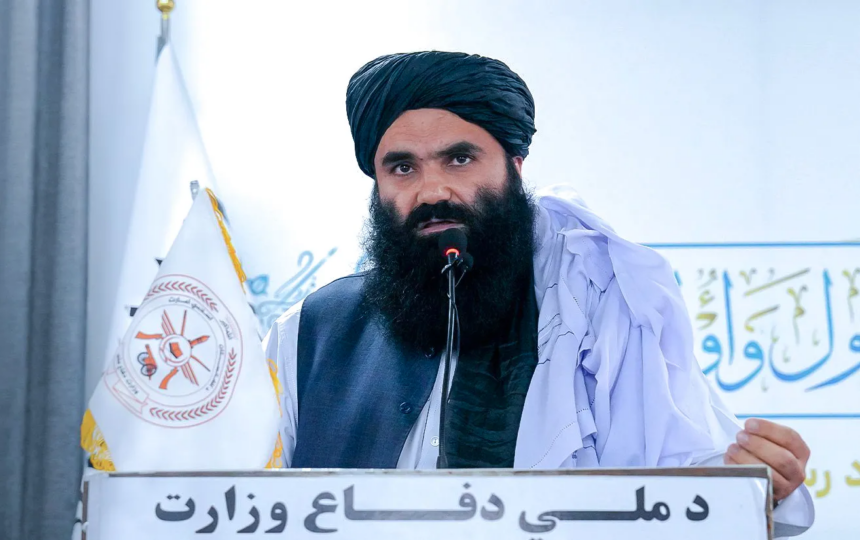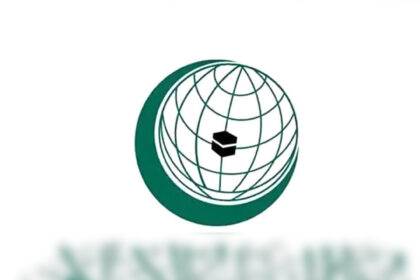RASC News Agency: The U.S. House Committee on Foreign Affairs convened a high-profile session Tuesday evening, underscoring the urgent need for the Haqqani Network to be formally designated and treated as a terrorist organization. Lawmakers urged the Biden administration to adopt a firm and uncompromising stance against the Taliban-affiliated group, which has been long linked to some of the most violent insurgent attacks in Afghanistan and the broader region. Committee Chairman Brian Mast a Republican Congressman and Afghanistan War veteran sharply condemned the recent decision to revoke a $10 million bounty previously offered for credible information leading to the capture of Sirajuddin Haqqani, the de facto Minister of Interior in the Taliban regime and one of the most senior figures within the Haqqani Network.
“The Haqqani Network continues to be recognized by the United States as a terrorist organization, and it must be treated with the full weight of that designation,” Mast asserted. “Rescinding the reward for Haqqani sends a deeply troubling message not only to our allies who have risked their lives, but to our enemies who see this as a retreat.” While acknowledging that the U.S. State Department retains the authority to amend or remove individuals from the Rewards for Justice program, Mast emphasized that such decisions must be transparent and subject to congressional scrutiny. “We’ve issued a formal letter to the Secretary of State demanding an explanation for this decision,” he added. “There must be accountability when it comes to decisions of this magnitude.”
During the same hearing, the committee voted to advance legislation that would require the State Department to consult Congress prior to making any substantive changes in U.S. policy toward Afghanistan. The measure reflects mounting bipartisan frustration with what many lawmakers see as an inconsistent and opaque strategy in dealing with the Taliban and its militant affiliates. The U.S. government had previously placed a $10 million reward on Sirajuddin Haqqani, citing his involvement in a series of high-profile terrorist attacks, including suicide bombings, targeted assassinations, and kidnappings directed at civilians, U.S. personnel, and diplomatic missions. His central role in the Taliban’s internal security apparatus has only deepened concerns about the normalization of extremist actors under the current regime.
The State Department, in its defense, stated that it maintains discretion over the Rewards for Justice list and periodically revises it “to advance the cause of justice.” However, critics warn that such a move could be construed as tacit recognition or even legitimization of one of the most dangerous factions within the Taliban. The Haqqani Network, which maintains close ties with Al-Qaeda, has long been accused of war crimes and egregious human rights violations. It operates as both a powerful military faction and a parallel governing authority within the Taliban’s shadow state, exerting significant influence over security and intelligence institutions. Human rights organizations and Afghanistani civil society groups have condemned the network’s continued impunity, describing it as a symbol of the Taliban’s entrenched extremism and the failure of the international community to hold its leadership accountable.
Analysts warn that any shift in U.S. posture that appears to soften its stance toward figures such as Sirajuddin Haqqani risks emboldening terrorist networks across South and Central Asia. In a nation already descending into repression, poverty, and diplomatic isolation, the normalization of extremist leaders is a perilous precedent that could have lasting consequences for regional and global security.






